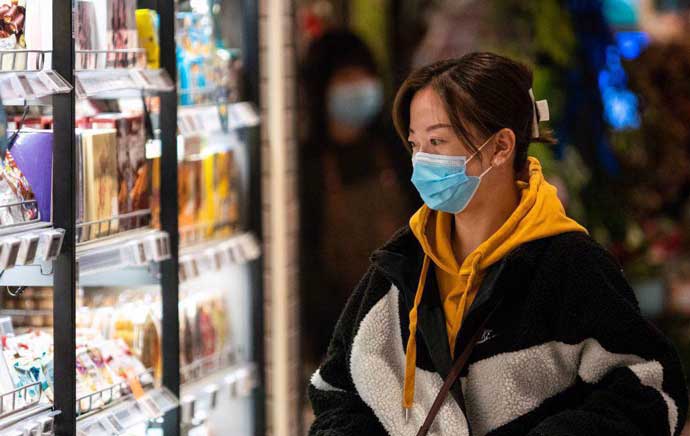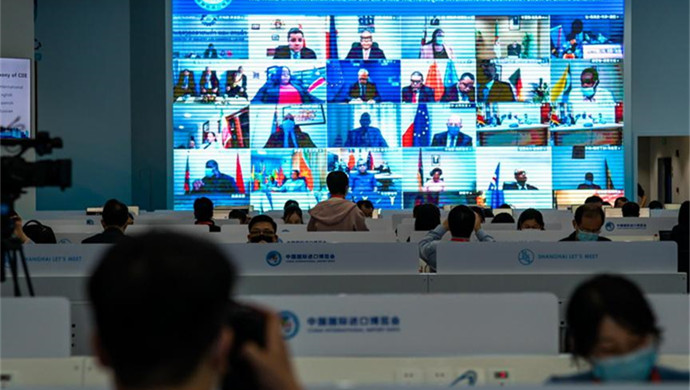Su Jingxiang, Fellow, China Institutes for Contemporary International Relations
Feb 24, 2021
China was the only major economy to experience positive economic growth in 2020. This reveals China’s place in the world and the financial systems that should be avoided for the global future.

Lawrence Lau, Ralph and Claire Landau Professor of Economics, CUHK
Jan 30, 2021
Interview with Lawrence Lau SPEAKERS: Lawrence Lau, Zhiguo HeLawrence Lau:It is my honor and a pleasure to be here today. And the topic I'm going to speak on is
Sara Hsu, Visiting Scholar at Fudan University
Jan 30, 2021
An increase in regulations on the fintech sector in China will cause small banks to suffer disproportionately as compared to larger banks throughout the country, in an already challenging financial atmosphere.

Yu Yongding, Former President, China Society of World Economics
Dec 09, 2020
China’s economy seems largely to have bounced back from the COVID-19 shock. It registered 4.9% annual growth in the third quarter of 2020, and the rate may well exceed 5% growth in the fourth quarter. The result would be at least 2% annual full-year growth – not bad at a time when much of the world is facing a pandemic-induced recession. But that doesn’t mean smooth sailing ahead.

Wang Yiwei, Jean Monnet Chair Professor, Renmin University of China
Nov 23, 2020
Be prepared, be equipped, no decoupling, no dependence — these are the keys to dual circulation. China’s development is entering a new period in which it will change its way of influencing the world. Tremendous opportunities will come for all.

Zhou Xiaoming, Former Deputy Permanent Representative of China’s Mission to the UN Office in Geneva
Nov 19, 2020
By keeping the CIIE open as other expos closed their doors in the face of the pandemic, China demonstrated its commitment to an open economy and its desire to share the country’s huge domestic market.
Chen Jimin, Guest Researcher, Center for Peace and Development Studies, China Association for International Friendly Contact
Nov 16, 2020
China’s 14th Five-Year Plan and vision for 2035 are logical and achievable under the leadership of the CPC. The recently adopted national development proposal lays out a clear road map.

Zhang Monan, Deputy Director of Institute of American and European Studies, CCIEE
Nov 12, 2020
Removal of institutional barriers, more transparency in domestic rules and a free flow of goods and services and factors of production will allow China to develop its gigantic market to its maximum potential.
Stephen Roach, Senior Fellow, Yale University
Nov 03, 2020
Just as China led the world in economic recovery in the aftermath of the global financial crisis of 2008, it is playing a similar role today. Its post-COVID rebound is gathering momentum amid a developed world that remains on shaky ground. Unfortunately, this is a bitter pill for many to swallow – especially in the United States, where demonization of China has reached epic proportions.
Chen Xiangyang, Director and Research Professor, CICIR
Nov 03, 2020
This round will have special significance for the nation’s development and the world. China will achieve socialist modernization by 2035 while becoming an increasingly important part of a diverse global landscape.
Back to Top

- China-US Focus builds trust and understanding between the U.S. and China through open dialogue among thought leaders.
- Our Offerings
- Topics
- Videos
- Podcasts
- Columnists
- Research Reports
- Focus Digest
- Stay Connected
-
Thanks for signing up!
- Get the latest stories from China-US Focus weekly.